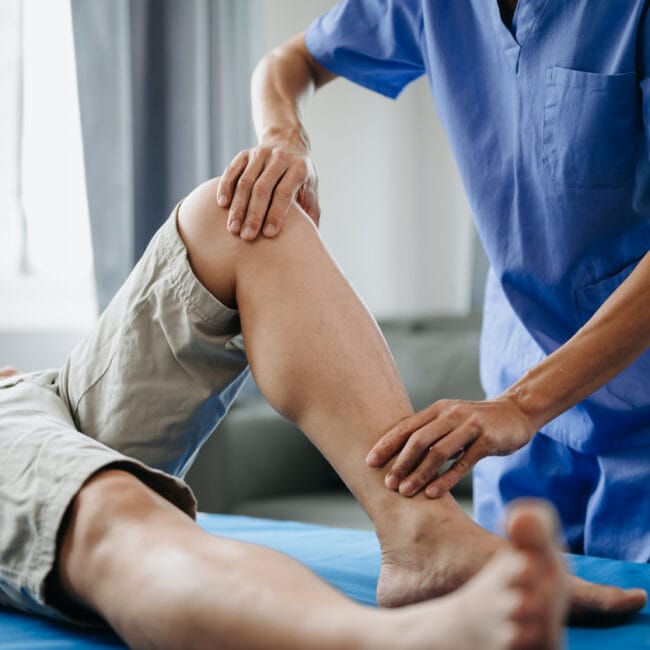Managing weight can sometimes seem like a difficult thing to achieve, but it doesn’t have to be. All of our bodies are different, so the key is to find what works for you. A combination of proper diet and exercise will always be necessary to manage your weight effectively, but today, we’re going to focus specifically on overeating, and how you can avoid it.
Breakfast
You may be sick and tired of hearing breakfast referred to as the most important meal of the day, but it has earned that title for a reason. The British Journal of Nutrition conducted a study of 900 people, and found that those who ate a breakfast that was high in fat, protein, and carbohydrates were more satisfied and energetic than the people who skipped or ate a light breakfast, and then had a larger meal later on.
There are plenty of breakfast options to fill you up without making you gain weight. From fruit to cereal, breakfast gives you a wider range of low-fat foods than you typically get at lunch or dinner, so filling up early can prevent overeating later on, and this will have a major impact on your weight over time.
Top Up
We’re used to hearing that we should eat three meals a day, and while this is not a bad schedule to follow, you don’t need to limit yourself. It may seem counter-intuitive to suggest that eating more often will help prevent overeating, but by starving yourself between meals, you allow the hunger to build up, tempting you to go crazy at meal time. Snacking on high-protein foods like nuts or seeds can prevent a situation where you are ravenous at every meal, which will help control portion sizes.
Pace Yourself
It only takes 7 seconds for food to go from your mouth to your stomach, but it can take 15 to 20 minutes for your brain to fully realise that the food is there. If you frequently find yourself stuffed or exhausted after meals, then you are probably eating too much, too fast. Slow down, give your body time to digest the food, and gradually build up an idea of how much you really need to eat before being satisfied. This is important because the more you eat, the more your stomach expands. Every time you feel overstuffed, it will take even more food next time to feel the same way. Monitoring your portion sizes will help keep your stomach at the proper size.
Our bodies can also confuse thirst with hunger, even if you don’t feel thirsty. Make sure you are drinking plenty of water, not only at meals, but throughout the day, to avoid feeling less full than you really are.
Pay Attention
Ultimately, your body wants you to eat so it can get the energy and nutrients you need to survive. If you are not eating a balanced diet, your body won’t feel fully satisfied, and will tell you to keep eating. By familiarising yourself with the basics of nutrition, you can get an idea of why certain meals may not ‘hit the spot’, and will soon realise that smaller, more nutritious food can often be more filling than larger, more complex meals.















